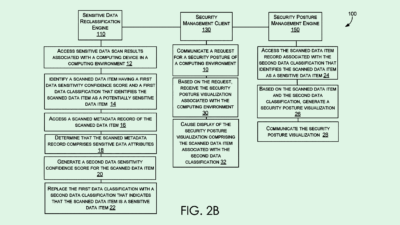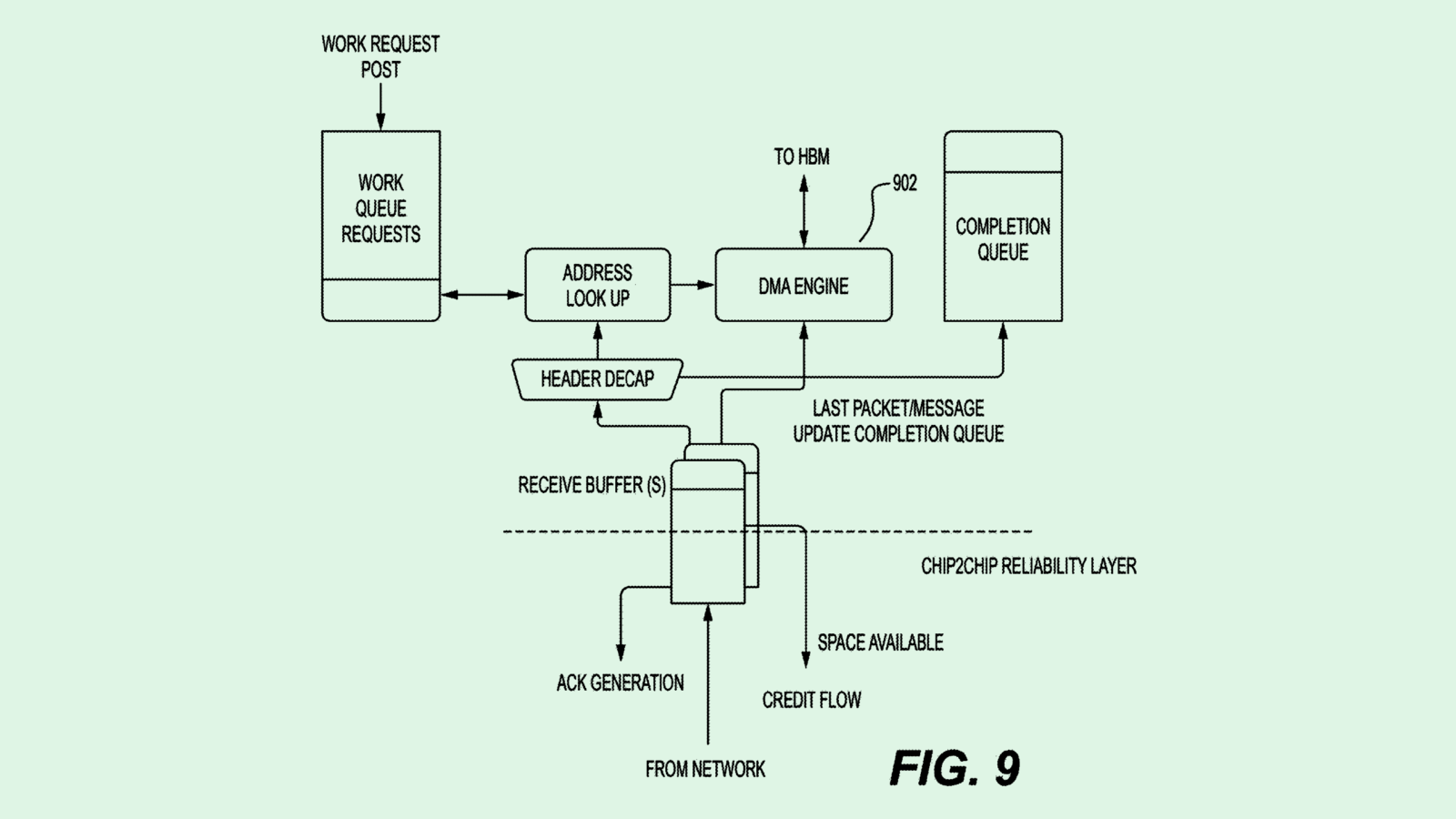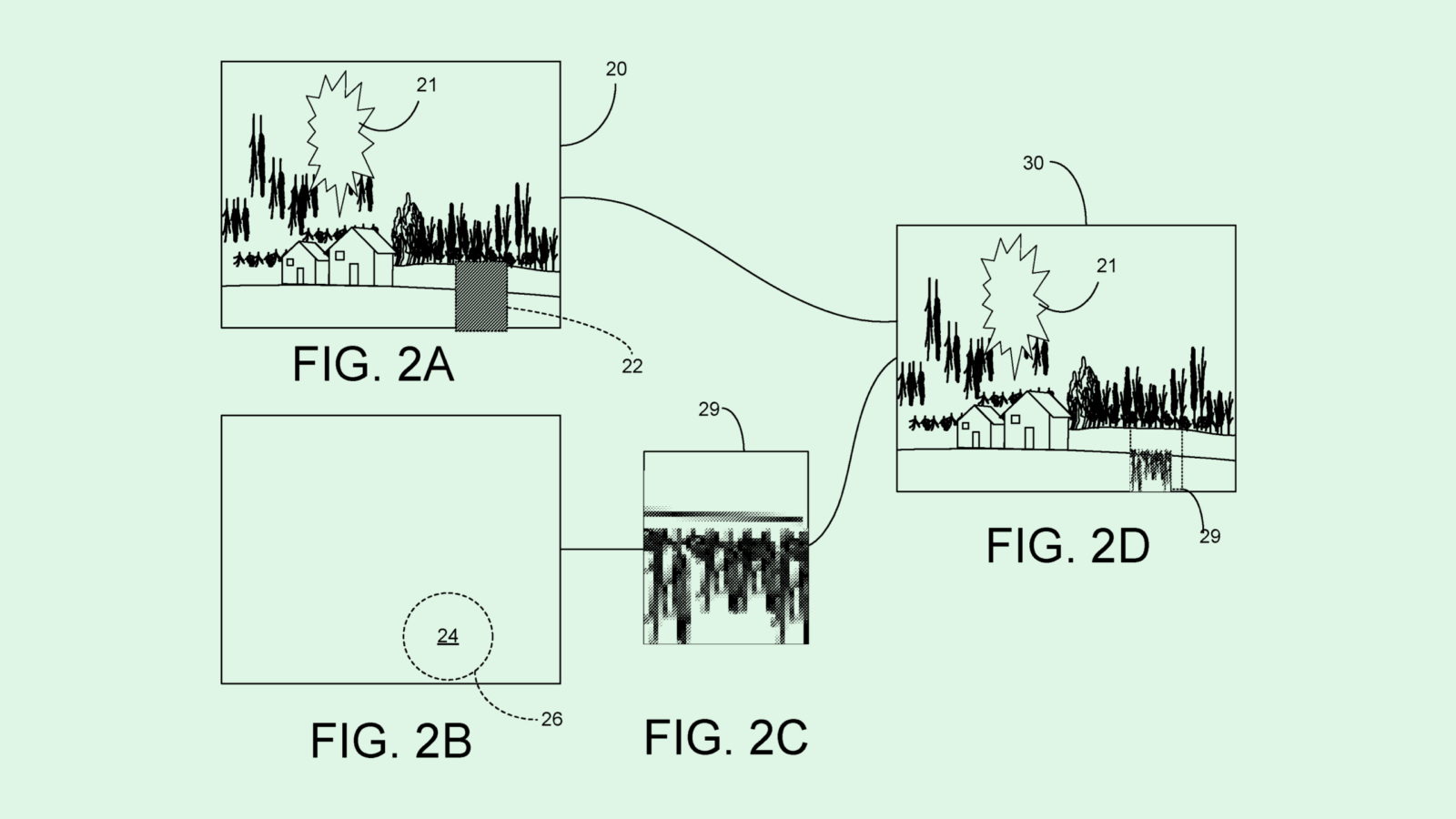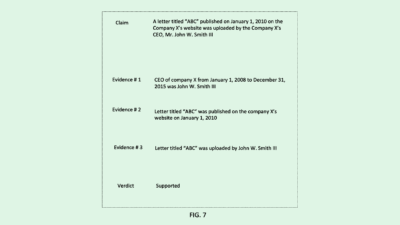Toyota Tests the Wattage with EV Charging Patent
A Toyota patent to keep the fairness in EV charging highlights that automakers are paying attention to the logistics of electrification amid changing US legislation.
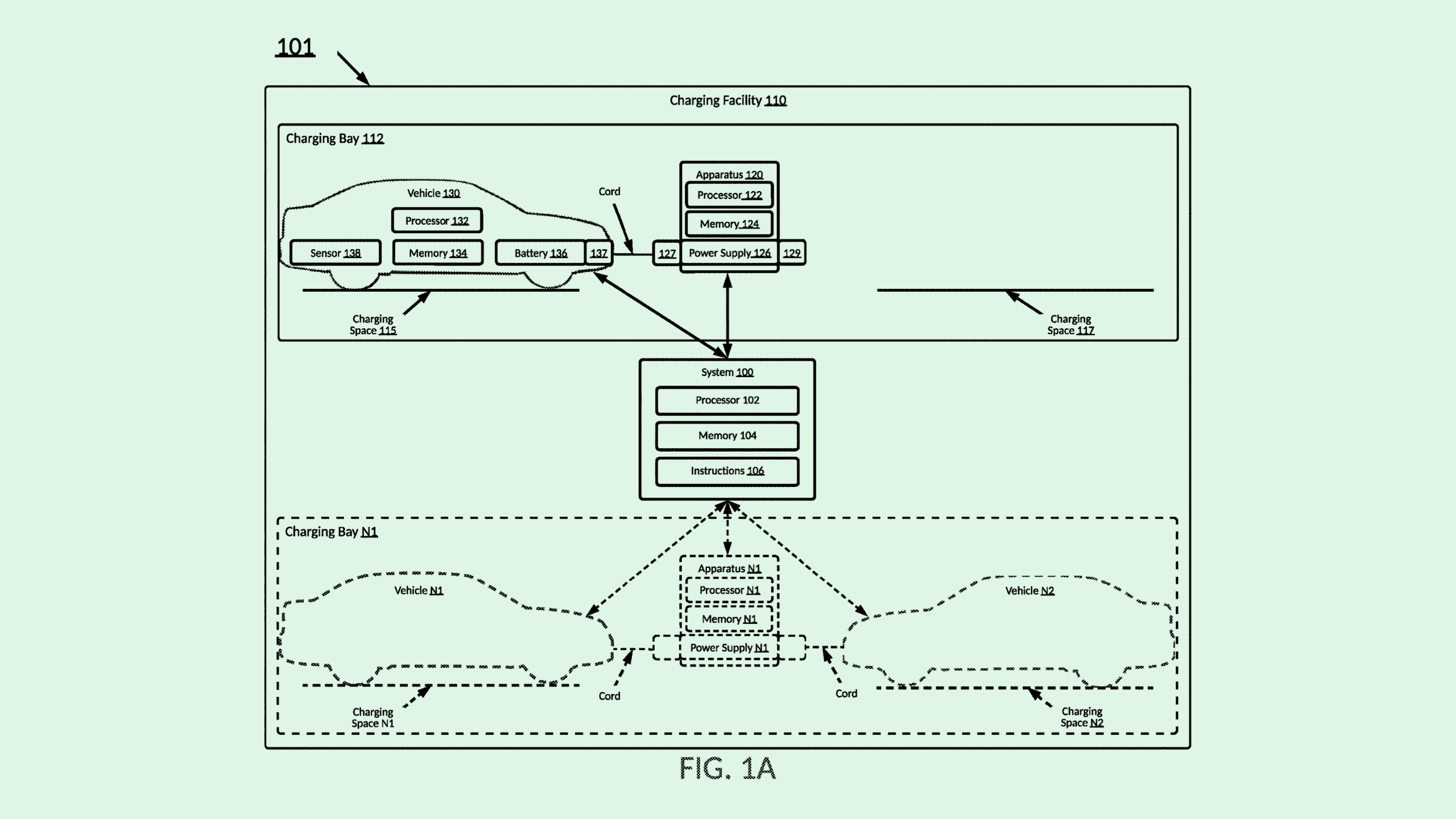
Sign up to uncover the latest in emerging technology.
Toyota wants to make sure EVs get charged in the right order.
The company seeks to patent a system for “scheduling delivery of charge to electric vehicles.” Toyota’s system essentially adjusts charging priority between vehicles at a charging station based on which vehicle needs to be charged by what time, aiming to balance the utilization of charging resources.
Toyota’s system takes into account several factors to decide the order in which vehicles are charged: the amount of charge it has, the amount of charge they need, and how long the vehicle has to charge. Under certain conditions, the system will pause charging one vehicle in favor of charging another. If another vehicle comes in with a lower requested charge and a quicker charge time, the facility may switch to charging the new vehicle before resuming the other one.
For example, if one customer needs to take their vehicle from 20% to 100% and the process will take an hour, but another just needs to go from 50% to 60% in 15 minutes, Toyota’s facility would briefly pause the longer charging process. If a station has an excess of charging requests, Toyota could redirect vehicles to different charging facilities along their respective routes.
The filing also mentions other solutions to balance EV charging demand, including bidirectional charging, which uses vehicles as “mobile microgrids that can assist in the supplying of electrical power to the grid … and/or reduce the power consumption when the grid is stressed,” as well as slowing the charging flow in extreme weather events to “help minimize the chance for an outage.”
Toyota is one of many vehicle manufacturers looking into systems to manage the onslaught of electric cars in need of some juice. Ford has filed to patent several charging tech systems, including a charging scheduling system with a similar methodology to Toyota’s and tech to monitor power grid stress while charging. Honda, meanwhile, has sought to patent a charging management system that involves incentives for customers.
With the popularity of its Prius model over the last decade, Toyota is easily the biggest provider of hybrid electric vehicles. Since 2021, the company has invested $17 billion in electric manufacturing in the US, including $1.3 billion announced last month for a plant in Kentucky.
But compared to other automakers that have embraced EVs, Toyota has been doubtful of the popularity of fully electric rides. In an interview with Automotive News published in early March, Toyota CEO Ted Ogawa said that fully electric vehicles will only make up 30% of the new vehicle market by 2030, and that the company was better off buying carbon credits than to “waste” money on battery electric vehicles.
“Our starting point is what the customer demand should be,” Ogawa said in the interview. “We are respecting the regulation, but more important is customer demand.”
However, new regulations may ramp up that demand: The Environmental Protection Agency announced last week new emissions limits designed to require all new passenger vehicles sold domestically by 2032 to be fully electric or hybrid. The decision, which increasingly cuts the amount of pollution that tailpipes are allowed to emit, marks one of the nation’s most significant climate regulations yet.
One other consideration: The electric vehicle wave faces an obstacle with the slow pace of charging infrastructure growth. Patents like these may signal that the company is joining its counterparts by testing the waters with electric vehicle infrastructure, aiming to keep up with both competition and legislation.



